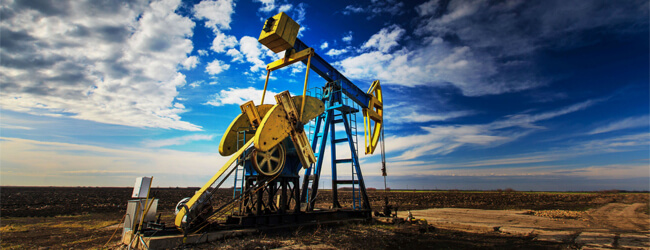
As a gas station owner, you know better than most that gasoline doesn’t magically appear at the stations via a quick Amazon delivery. Fuel doesn’t simply spew from oil wells while trucks collect the black gold and transport it to stations like yours, ones that deal with fuel pump repair in San Antonio, Texas. Transporting and transforming from crude oil to gasoline that everyday drivers pump into their cars consists of a complex and coordinated process. Each piece of the puzzle must fit into place in order to deliver gasoline and diesel to your station.
Transporting and creating crude oil into gasoline or diesel fuel involves a multi-step process to ultimately deliver it to stations that require fuel pump repair in San Antonio, Texas, or any other location. Some steps in the ultimate methodology occur while you’re sleeping without consideration of how your product arrives at your business.
We see gas stations everywhere and of all brands. Regardless if a station is dealing with fuel pump repair in San Antonio, Texas or somewhere in the New England states, there are some universal facts about the source of the fuel. We’ve talked about the transportation process of how gas ultimately reaches the pumps for your car, but a couple of facts about how this all starts might surprise you.
Gasoline and diesel undergo a process that takes anywhere from two weeks to one month. Ultimately, it begins with crude oil and then moves to refined fuel flowing out the pumps at your local gas station. Various factors affect the timeline and there’s no one hard and fast timeline. Low demands may speed up the process to just two weeks while delays and sub-par products can slow the process to four weeks or longer.
With all of the considerations and different pieces in play, the processing and delivery methods for gasoline and diesel touches many hands and facets of a complicated system. So next time your station utilizing fuel pump repair in San Antonio, Texas receives refined fuel, take into consideration all of the complexities that took place to get it to your door.
We Keep You Pumping!
--
PumpTex, Inc. was founded in 1997 in the back of a garage with the dream of bringing a new level of customer service to the retail petroleum service industry. Over the years, we have grown to become a valuable resource to our customers. Many consider us to be the first responders of the retail petroleum service industry!
888-906-PUMP (7867)It's time to bring a new level of customer service to the retail petroleum service industry.
We search for the “WOW” moment in each and every customer interaction. Our team is known in the industry to have the best customer service and follow-up in our industry.
As a team, we also work intelligently to provide a valuable and tailored experience to each of our customers. We derive a great sense of pride from engaging our customers in a professional relationship.
Any client, vendor or media provider interacting with PumpTex discerns that our unique culture and operating practices separate us from our competitors and are drawn to our way of doing business.
We offer real-time solutions to the problems our clients experience. Being a resource to our customers and becoming their eyes and ears in the field enables them to maximize uptime and profits.